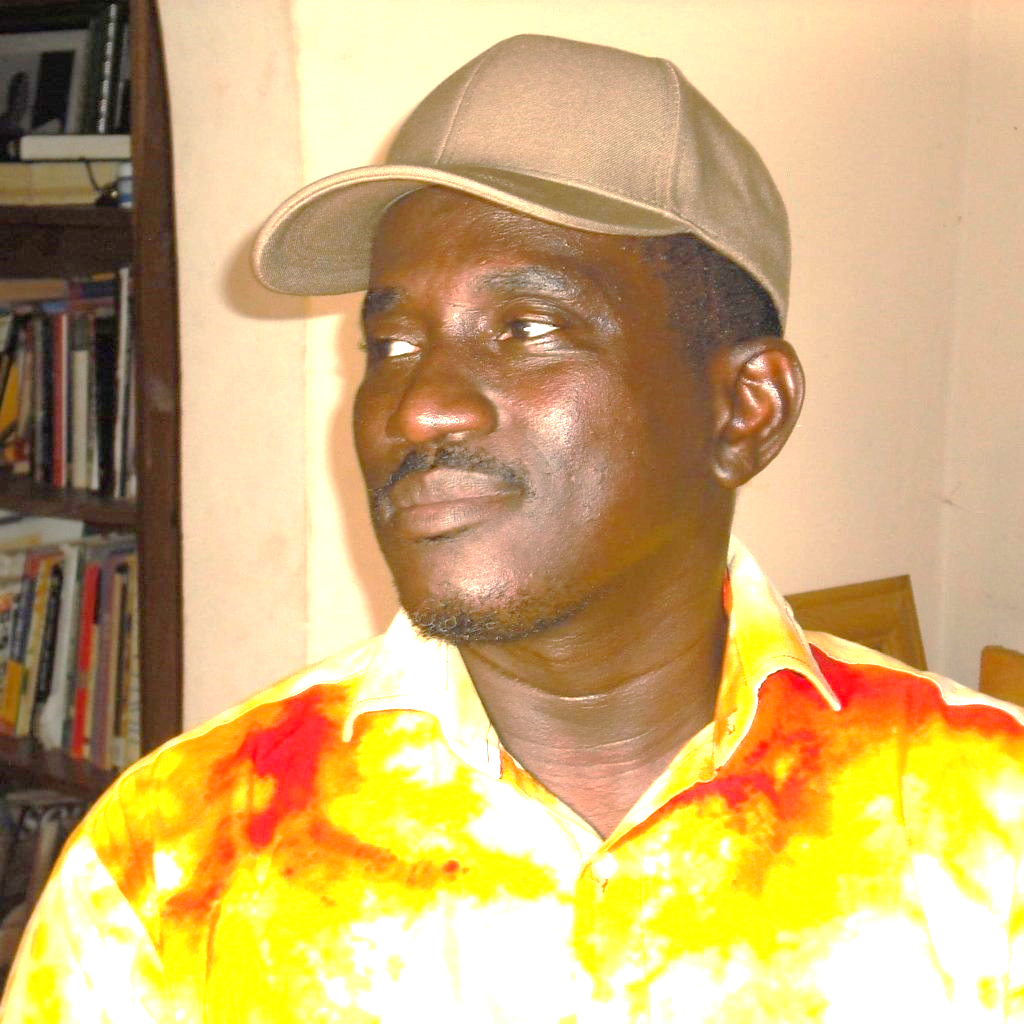By: Sulayman Waan
Amie Sillah, Gambia renowned woman activist has said that women empowerment in the country is low citing African Union is advocating for every country to have 50% of women’s representative but ‘Gambia has less than 30%.’
“Women empowerment in The Gambia is low because we have below 11% representation in the executive, less than 10% in the National Assembly and Local Government Area,” she told The Voice in an exclusive interview in Churchill’s Town Thursday ahead of the women’s day celebration.
Madam Sillah with over fourty years in women activism said her fellow women are calling for affirmative actions from the Government by ensuring one-third of political representation are lead by women. She added that most of them (women) are capable of executing their functions rightfully.
She urged Government to apply the women’s act to enable women to access opportunities in the country. She cited that Sections 26 of the 1997 Constitution calls for women’s political rights, Section 28 women’s rights, Section 33 guarantee women’s protections from discrimination and Section 243 of Constitution is calling for equal representation among men and women to ensure equity.
The woman activist stated that “some of these sections of the constitution are not apply, it is in the law and the law did not discriminate women but is the public’s practice that discriminate women; that’s why we are calling for positive actions.”
She added further that sometimes “Government will dismiss a woman but instead of replacing her with another woman it will be opposite, as such will be replaced with a man. As activist I’m saying this is very funny because the country has very strong women to handle positions.”
Madam Sillah described social elements as factors affecting women empowerment in the country since it hinders the implementation of certain sections in the constitution.
She reiterated that women are calling for equal opportunities that will not discriminate between men or women, ethnicity, religion or region.
According to her many women failed to participate in election because they have the fear of losing their jobs when they are not successful. And also, some women are always discriminated when they decide contest for any position during elections. “Some husbands habitually deny their wives from contesting in an election even challenged them on late night campaigns, this is not fair,” she said.
She said the country need to have good political leadership that is sensitive and proactive and as well ensure the laws that safeguard the integrity of women are enforced.




